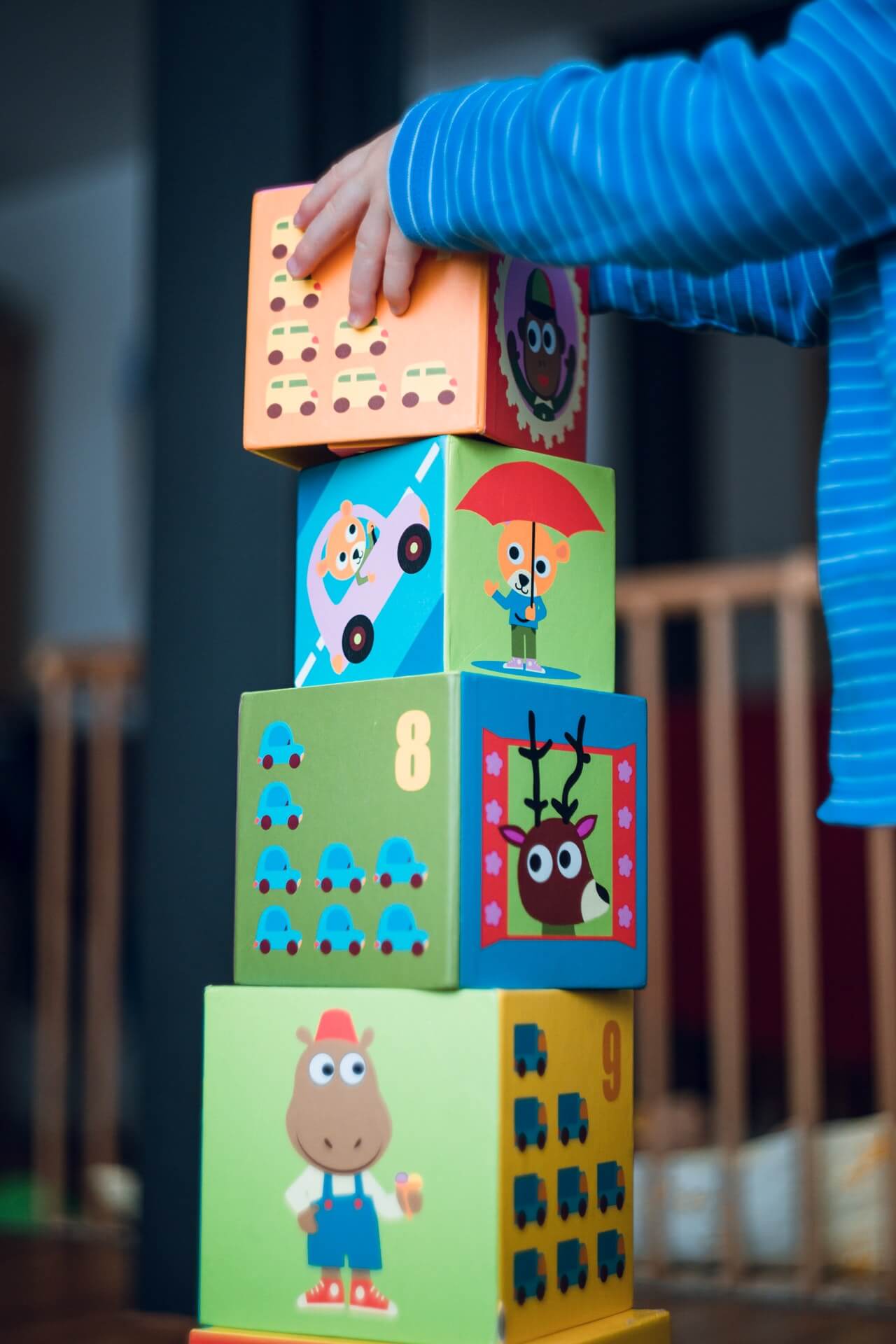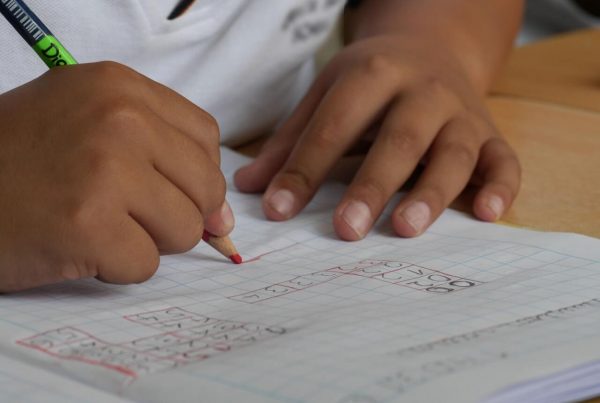
Non-Verbal Learning Disability (NVD) is a learning disorder impacting the ability to learn and process non-verbal information. Many children affected by non-verbal learning disorder are often gifted or have above average intelligence. They tend to have outstanding vocabulary, eloquent speech, and excellent memorization skills, which mask their non-verbal deficits and make it harder for parents, teachers, and therapists to recognize and address their difficulties at an earlier age.
Children with non-verbal learning disability have challenges understanding non-verbal communication, something other children learn automatically by observing and imitating others. Non-verbal communication includes perceiving and interpreting body language cues, voice intonations, facial expressions, and gestures. In addition, children with non-verbal learning disability often exhibit challenges with coordination, fine and gross motor skills, time management, and visual-spatial awareness. They also demonstrate lower tolerance to changes in their routines, as well as difficulties with social skills and language nuances (e.g. understanding sarcasm or idioms).
A huge part of social interaction relies on the exchange of non-verbal cues. At school settings, children with non-verbal learning disability frequently have difficulties socializing and interacting with others. Because of this, children with non-verbal learning disability are often perceived as socially awkward, and their inability to connect and interact with their peers leads to anxiety and isolation. Children with non-verbal learning disability can disguise their challenges in the first few years of school as their verbal skills, language, and memory frequently exceed their peers. However, once rote learning is replaced by more complex learning, requiring interpretation, comprehension and abstract thinking, difficulties become apparent as they eventually increase.
For example, children with non-verbal learning disability can effortlessly solve mathematical facts involving rote memorization (e.g. multiplication, addition, subtraction), yet exhibit challenges with advanced math problems requiring abstract thinking and interpretation (e.g. word problems, geometry). Correspondingly, children with non-verbal learning disability, who are skillful readers, can exhibit challenges with conceptual understanding, creative writing, and critical and executive thinking.
At Little Thinkers Center, we carefully assess the child to determine the exact areas of weakness. We use engaging, developmentally appropriate, individualized activities and games to stimulate higher levels of thinking and growth. General and Discriminative Movement Thinking exercises are used to address motor deficiencies and coordination deficits. Visual Thinking activities are used to improve gaps in visual-spatial awareness (e.g. visual processing, understanding visual imagery and spatial relations). Social Thinking activities are presented to alleviate limitations in the processing and interpretation of social and non-verbal cues, which also helps the child develop appropriate social interactions and communication skills. To address difficulties with abstract thinking, interpretation, and comprehension, the child is introduced to Logical Thinking games, which allow the child to develop better pattern recognition, understand complex concepts, and practice logical reasoning.
All of the activities and games are introduced at a level appropriate to the individual capacities of the child that are stimulating enough to fuel a higher level of thinking and developmental growth. As a result, our Little Thinkers feel engaged and fulfilled, and build confidence, self-esteem, creativity, and motivation.



